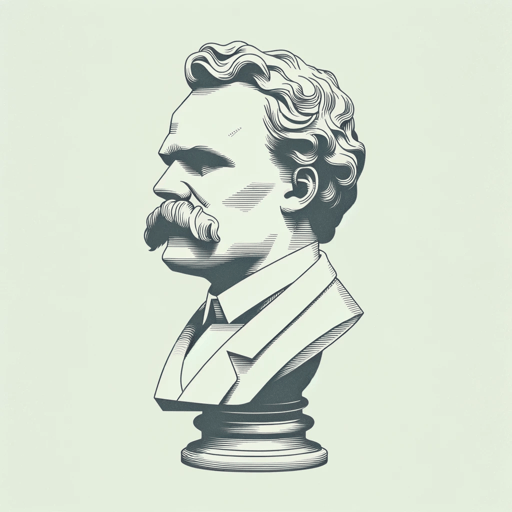36 pages • 1 hour read
Friedrich Nietzsche, Ed. Walter Kaufmann, Transl. R.J. HollingdaleThe Will to Power
Nonfiction | Book | Adult | Published in 1901A modern alternative to SparkNotes and CliffsNotes, SuperSummary offers high-quality Study Guides with detailed chapter summaries and analysis of major themes, characters, and more.
Important Quotes
“Radical nihilism is the conviction of an absolute untenability of existence when it comes to the highest values one recognizes.”
(Book 1, Part 1, Page 9)
Nietzsche gives a definition of nihilism, the problem of which underpins the entire text. He argues that the previous highest values for culture, centered on Christian morality, are no longer tenable. Thus, modern life is confronted with a profound crisis of meaning.
“But among the forces cultivated by morality was truthfulness: this eventually turned against morality.”
(Book 1, Part 1, Page 10)
Nietzsche offers an explanation as to why Christian morality has become untenable. It encouraged the virtues of honesty and truthfulness which, over time, were directed toward Christian morality itself, resulting in the questioning of God and Christian moral values.
“Morality guarded the underprivileged against nihilism by assigning to each an infinite value, a metaphysical value.”
(Book 1, Part 1, Page 37)
Nietzsche discusses the type of meaning morality gives to people, especially the underprivileged and oppressed—a sense that one’s life has value as a moral soul in a unified moral order. Thus, our actions and even our thoughts matter in terms of their relation to this structure.
Related Titles
By these authors

Beyond Good And Evil
Friedrich Nietzsche

On The Advantage And Disadvantage Of History For Life
Friedrich Nietzsche

On the Genealogy of Morals
Friedrich Nietzsche

The Antichrist
Friedrich Nietzsche, Transl. H.L. Mencken

The Birth of Tragedy
Friedrich Nietzsche

The Gay Science
Friedrich Nietzsche

Thus Spoke Zarathustra: A Book for All and None
Friedrich Nietzsche

